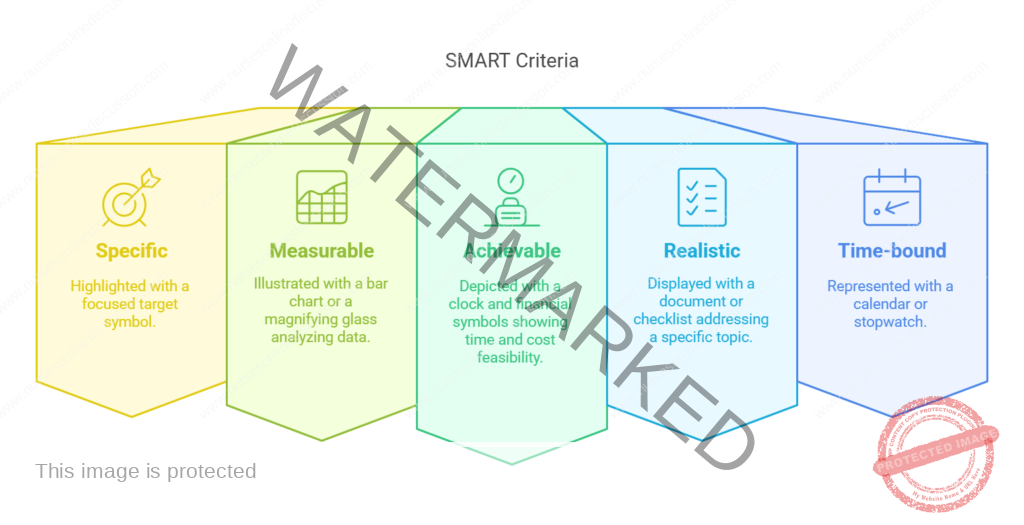Writing a research proposal and report
Subtopic:
Formulation of research topics

I. Definition of a Research Topic/Title
A research topic is the statement that clearly and concisely expresses what the researcher is interested in studying (It is not very different from a research problem).
A. Qualities of a good research topic:
Feasible (researchable).
Interesting.
Novel.
Ethical.
Relevant to society.
Up to date.
With measurable attributes.
Clearly and concisely stated.
B. “Clearly and concisely stated” means:
Appropriately worded (20±3 words).
Should show both independent and dependent variables.
It should indicate the target population.
It should show a place of study (study area).
C. Example of a Topic:
“The factors affecting the rate of spread of bedbugs among male students in Gaddafi Hall at Mulago.”
The words are neither more than 20 nor less than 17.
Independent variables are the factors affecting bedbug spread.
Dependent variable is the bedbug spread.
Male students in Gaddafi are the target population.
Study area is Gaddafi Hall at Mulago.
II. General and Specific Research Objectives
Definition of General Objective (Aim/Purpose):
General objective refers to the general intention of the research. Should spell out what the research is supposed to accomplish.
It is usually duplicated from the topic but with an element of action in it.
Example: “To identify/establish the factors affecting the rate of spread of bedbugs among male students in Gaddafi Hall at Mulago.”
B. NB:
When writing objectives, do not use words with immeasurable elements such as to study, understand, or know.
Use words like Evaluate, Assess, Examine, Establish, Investigate, Identify, Determine, Extent, Magnitude.
C. Specific Objectives of Research:
The specific objectives are drawn from the general objective. Specific objectives break down the general objective into smaller parts (activities) “to be done in order to meet the general objective.
The objectives MUST be SMART:
Specific (to one thing).
Measurable: Do not use words like to study, understand, to know! Instead, use words like Evaluate, Assess, Examine, Establish, Investigate, Determine, Extent, Magnitude.
Achievable (Time frame and cost).
RealisƟc (address a topic at hand).
Time bound.
Additional requirements:
Directly related to the problem (every objective should be answering a title/topic).
Relevant to a study under investigation.
Appropriately worded (objectives must be complete, i.e., stating the target population and study area).
D. Importance of Objectives:
The objectives act as a yardstick upon which the researcher gauges the progress toward the intended goals.
The objectives give a clue to the type of data needed to solve the identified problem.
A complete research study must have results for all its objectives.
III. Research Questions and Hypotheses
A. Definition of a Research Question:
A research question is the question that the research project sets out to answer.
Research question is like a topic but with a question mark (?).
Example: “What are the factors affecting the rate of spread of bedbugs among male students in Gaddafi Hall at Mulago?”
In actual fact, a research study may set out to answer several questions. In this case, research questions are like specific objectives but with question marks (?).
A good research question should be acronym FINER:
Feasible, Interesting, Novel, Ethical, Relevant (see above qualities of a good research problem for explanation).
B. Hypothesis:
Hypothesis (singular) and hypotheses (plural): The term derives from the Greek word hypotithenai meaning “to put under” or “to suppose.”
A hypothesis is a presumptive statement of a proposition or a reasonable guess based on available evidence that a researcher wants to check (prove).
Key points:
Hypotheses are tentative suggestions; they are not truth.
Not all researches need hypotheses (e.g., descriptive studies).
Hypotheses are used in quantitative studies and are only found in such studies. In fact, a hypothesis is usually found in experimental quantitative research studies.
A hypothesis is not a question but a statement about the relationship between two or more variables.
C. Examples of Hypotheses:
Male students perform better than female students in science subjects.
Cigarette smoking is not related to the development of lung cancer.
D. Qualities of a Good Hypothesis:
It must be simple, specific, and stated in advance.
It should be testable by available techniques.
It should specify relationships among variables (if possible, declarative in nature).
It should relate to the established body of knowledge.
It must be based on a good research question.
It should have an empirical referent.
E. Types of Hypotheses:
Null Hypothesis (H₀): States no change/difference in the dependent variable due to manipulation of the independent variable.
Example: “Performance of male students in mathematics is not different from that of female students.”
Alternative Hypothesis (H₁): The hypothesis to be accepted if the null hypothesis is rejected.
Example: If an experiment shows a significant difference in mathematics performance between genders, we accept H₁.
Key Notes:
Null hypothesis assumes sample observations result purely from chance.
Alternative hypothesis assumes sample observations are influenced by non-random causes.
Symbolic Example:
H₀: p = 0.5 (Null hypothesis)
H₁: p ≠ 0.5 (Alternative hypothesis)
F. Hypothesis Errors:
Type I Error: Rejecting the null hypothesis when it is true (false positive).
Type II Error: Not rejecting the null hypothesis when the alternative hypothesis is true (false negative).
G. Declarative Form of Hypothesis:
Directional Hypothesis: Specifies the direction of the expected relationship.
Example: “There is a positive relationship between cigarette smoking and cancer.”
Non-Directional Hypothesis: Does not specify direction.
Example: “There will be a difference between girls’ and boys’ performance in mathematics.”
H. Complex vs. Simple Hypotheses:
Simple Hypothesis: Contains one independent and one dependent variable.
Example: “A sedentary lifestyle is associated with high blood pressure.”
Complex Hypothesis: Contains multiple independent or dependent variables.
Example: “Sedentary lifestyle and alcohol consumption are associated with high blood pressure.”
I. Reasons for Using Hypotheses:
Provide specific focus.
Direct the investigation.
Allow confirmation or rejection of variable relationships.
Offer empirical evidence of predictive relationships.
Provide a framework for organizing results and conclusions.

Get in Touch
(+256) 790 036 252
(+256) 748 324 644
Info@nursesonlinediscussion.com
Kampala ,Uganda
© 2025 Nurses online discussion. All Rights Reserved Design & Developed by Opensigma.co

